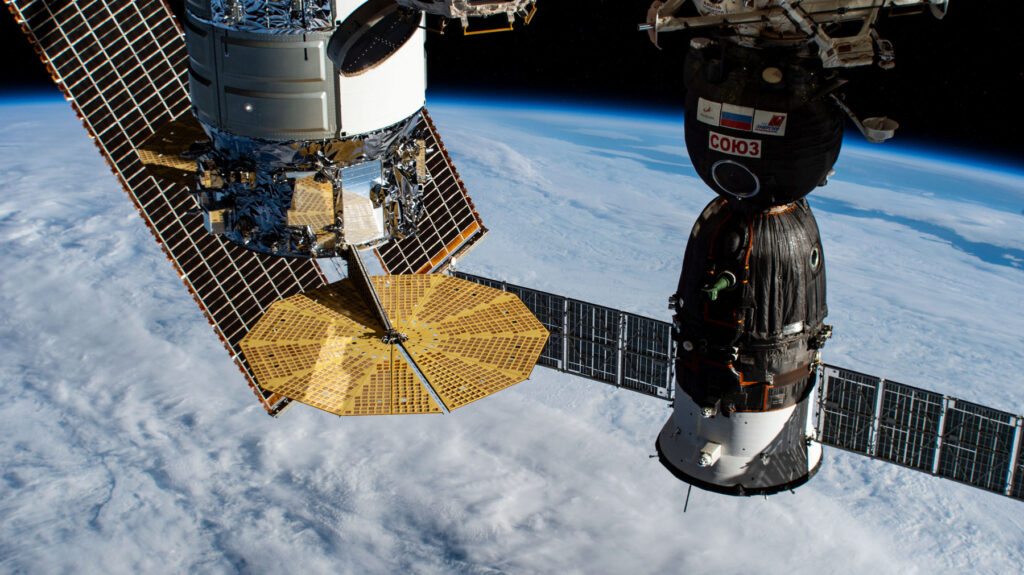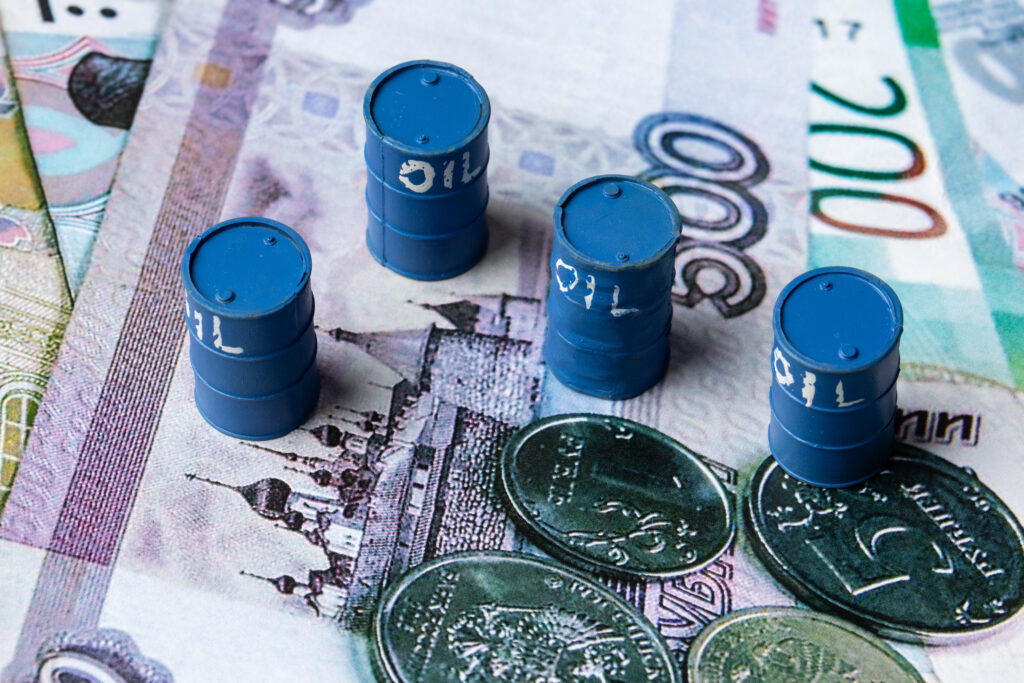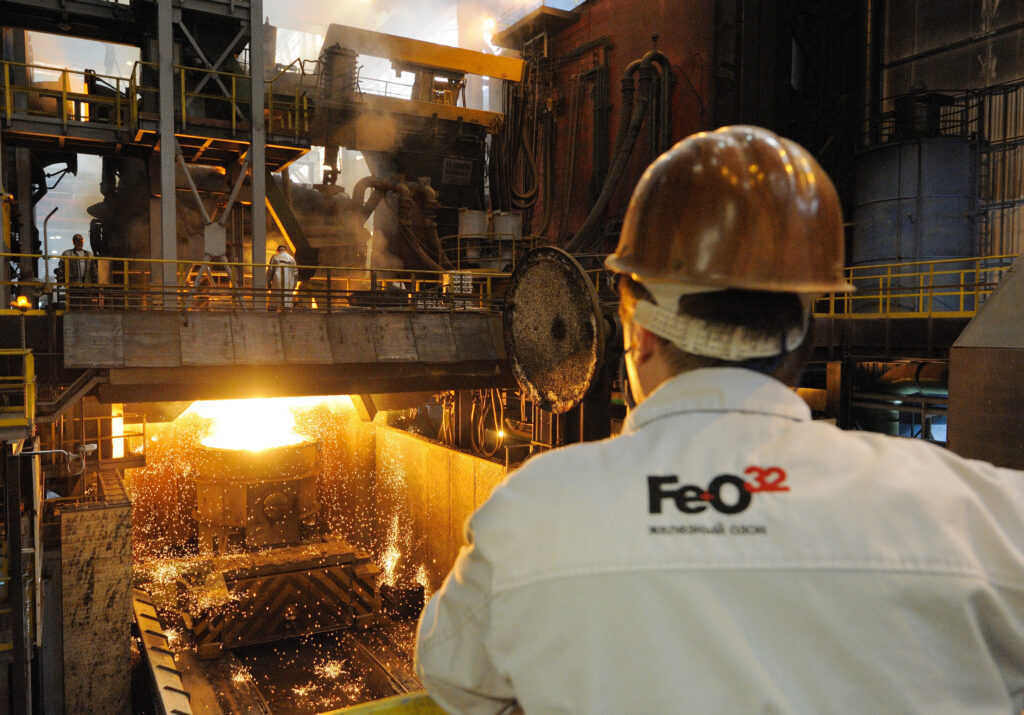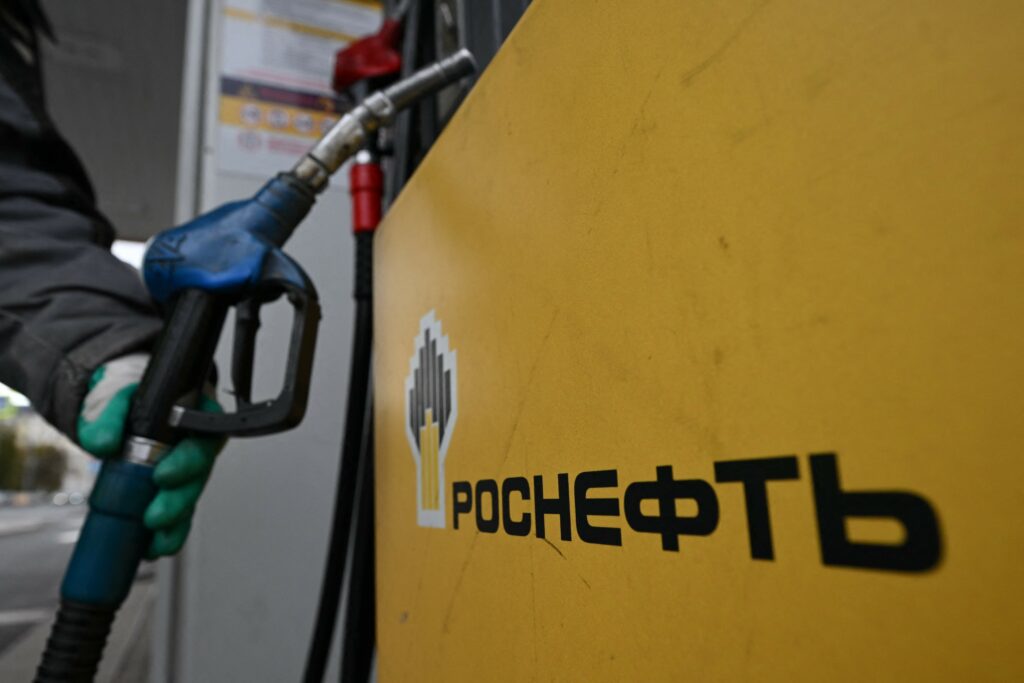Another Chinese Chang’e 5 spacecraft, which set off for the Moon in November 2020, has landed and is set to bring a sample of lunar soil back to Earth. The success of the Chinese Lunar Exploration Programme and China’s plans to further explore and utilise the moon amid intensifying competition with the Western world in the space domain has long-term implications for international relations. Beijing is determined to translate its outer-space activities into its own economic growth. It will also seek to leverage this to bolster its political position among developing countries in Asia, Africa and Latin America. At the same time, China’s regional rival, India, is becoming increasingly vocal in outer space too.
Against this backdrop, Russia is trying to pursue its own foreign policy interests in space. First, it seeks to maintain cooperation with the West. Second, it needs to maintain its status as a major space superpower. Third, it is trying to diversify its partnerships to achieve an equilibrium in foreign policy.
It is worth remembering that space activities, along with nuclear weapons and veto power on the UN Security Council, are among the foundations of Russia’s high status in world politics. The sustainability of Russia’s current political system depends to a large extent on maintaining this status. That is why, three decades after the collapse of the Soviet Union, crewed space flights and military activities – things that are quickly translated into foreign policy capital – remain Moscow’s priorities in space. Meanwhile, the International Space Station (ISS) is close to completing operations; Russia’s military space programme is hampered by Western sanctions. All this is forcing Moscow to adapt to a changing reality.
With China to the Moon: bargaining with the West and mutual mistrust
Unlike the Chinese programme, the Russian lunar exploration programme has been delayed for years. For example, the Luna-25 lander, formerly known as the Luna-Glob lander, is due to be launched in October 2021, though its launch was originally included in the 2006–2015 Federal Space Programme. The purpose of the mission is to hone landing technology and test scientific equipment. As part of its lunar programme, Russia plans to master over the next five years what the USSR already achieved in 1966–1976, but this time using new technology. Should there be no further delays, in the mid-2020s Russia will send the Luna-26 lander into orbit around Earth’s natural satellite and place the Luna-27 station on its surface. Truth be told, at the moment, Russia’s only ambition is to join a club which already includes the USA, the EU, Japan, China, India and Israel.
To translate the modest achievements of its lunar programme into foreign policy capital, Russia is trying to find common ground with China. An agreement on coordinating the two countries’ missions (Luna 26 and Chang’e 7) and establishing a joint data centre for lunar and deep-space explorations was signed in autumn 2019. It remains to be seen whether Roscosmos is capable of turning words into deeds.
Moreover, Moscow is trying to play the Chinese card in a diplomatic game aimed at securing the future of Russia’s crewed space exploration and space partnerships with the US, the EU, Japan and Canada after the ISS is no longer in operation. Moscow will certainly continue to bargain with the new US administration over its participation in the US-led Lunar Gateway project (a moon-orbiting space station). And one of the tools in the bargain is, for example, Dmitry Rogozin’s statements about the prospective Russian–Chinese lunar base. However, in reality, the leadership of the Russian space industry is based on the need to become a Gateway project participant and to maintain cooperation with the West despite the discontinuation of individual projects.
Today, close cooperation with Beijing when it comes to the Chinese orbital station to be built in the 2020s and crewed lunar missions in the 2030s is rather an undesirable, if not unacceptable, option for Moscow. This is evidenced by the fact that Russia is considering a small but purely national orbital station as a backup option in case post-ISS cooperation with the West encounters new political and technical difficulties.
The Russia–China space relationship cannot be called trust-based. On the one hand, the Chinese approach rules out the possibility of interdependence in the space domain. Cooperation can be based either on China obtaining the technology and equipment it needs from its partner (in which case concessions are possible as long as the partner has something to sell) or on unconditional Chinese dominance. Russia has based its space policy precisely on interdependence since the collapse of the Soviet Union, similarly to the US and EU, and it cannot afford unilateral dependence on China’s crewed space programme.
Political considerations play an important role here: such unilateral dependence undermines not only Russia’s otherwise high status in international relations but also its domestic political legitimacy. Economic considerations are also noteworthy: today, Russia has nothing to offer China in terms of space equipment or technology. In other words, Moscow would be ready to consider a serious deepening of its space partnership with China if the latter were to agree to make some part of its civilian space programme dependent on Russia and to formalise such an agreement in the form of a treaty.
On the other hand, the Chinese Yinghuo-1 probe was lost along with the faulty Russian Phobos-Grunt sample return spacecraft launched for Mars in 2011. This fuelled Beijing’s scepticism about closer cooperation with Moscow. Moscow, in turn, even while under sanctions and without legal access to European and US space electronics, is wary of importing such materials from China and is trying to minimise purchases made out of necessity. Thus, Russian–Chinese cooperation in outer space is unlikely to go beyond targeted and largely symbolic collaboration.
Cooperation with India: an attempt at making a fresh start
Russia seeks to expand space cooperation with India, especially in the context of its national crewed space programme. However, this is not just about bargaining with the Americans but also about the need to rebalance foreign policy in the space domain, taking into account the Chinese factor. In addition, there are no guarantees that Russia’s space programme will be able to exist autonomously even if the project of an assembly and experiment orbital station is implemented.
Even in the scenario that is most favourable for Russia, the model of participation and cooperation that has been implemented at the ISS will no longer be applicable after its completion. It remains to be seen whether Moscow is able to agree on further cooperation with Washington on outer space. In any case, it will not be able, either technically or economically, to provide the kind of contribution to Gateway that would allow it to claim a special role in the project. The only way out is for the Russian government to diversify its partnerships. These ties are designed primarily to support its foreign policy status. As mentioned above, this will not work in case of cooperation with China. Which is why Moscow sees prospects in cooperating with India and would prefer to place its bets on joint projects that promise real political dividends in the foreseeable future. India’s crewed space programme, which is currently being developed, is best suited for this purpose.
The first serious attempt to establish space cooperation with India was undertaken as part of the Indian lunar programme. Back in the late 2000s and the first half of the 2010s, Russia intended to build a lunar rover for India’s Chandrayaan-2 lander. These plans never materialised. Now, Russia is in a much less comfortable position. India is the only country interested in Russian experience and technology for crewed space flights (to build the Gaganyaan spacecraft). Moreover, Moscow sees India’s plans to build its own crewed orbital laboratory as an opportunity that could generate not only political results but also long-term contracts for Russia’s space industry.
So far, India remains a key buyer of Russian arms. Accordingly, it has a track record of cooperation with the Russian military industrial complex, of which Roscosmos is a part. However, India is also trying to build close ties with the EU, American and Japanese space agencies. It means Russia will not become an exclusive partner in this area. All of this brings Moscow back to the main problem: the need to maintain partnership with the West in the space domain. Without clear prospects for preserving this partnership, other countries’ interest in space cooperation with Russia will decrease in the coming decade.










